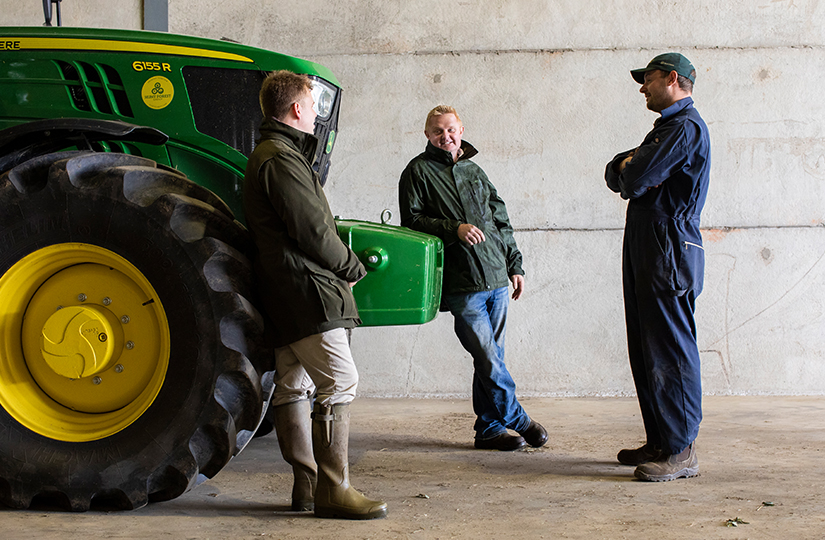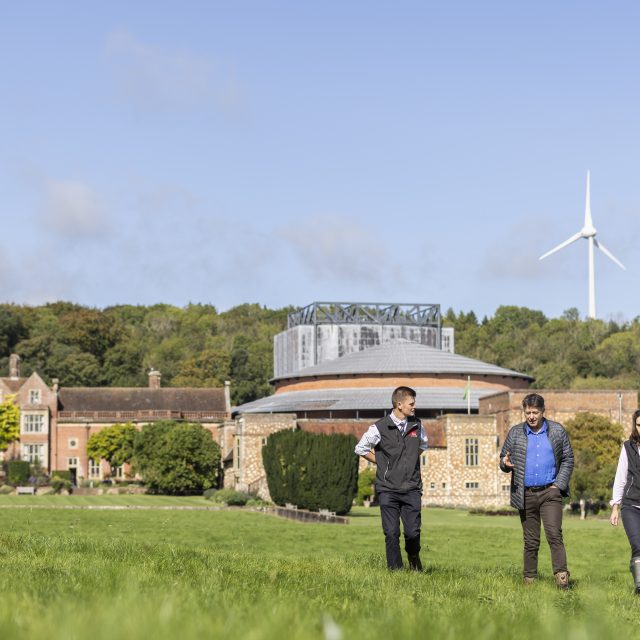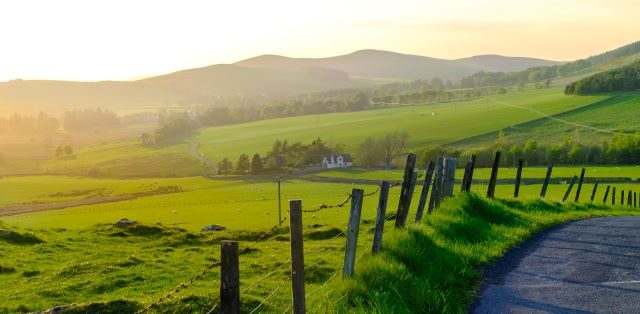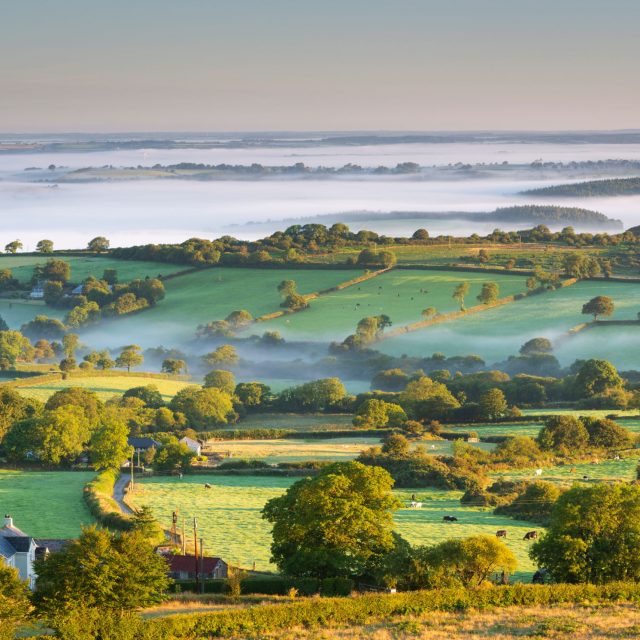How to pivot your farming business to deal with loss of BPS
Farmers are facing once-in-a-generation decisions about the direction of their businesses.
High commodity prices may help to mask the impact of the 5-25% reduction in Basic Payments (BPS) this winter, but as cuts get deeper from 2022-2027 it will create a problem that has to be addressed.
Generating a sufficient financial return from agricultural production alone is going to become increasingly challenging as BPS is phased out, and major new legislation – much of it associated with mitigating climate change and fostering environmental benefits – is phased in.
Marginal adjustments to production are important, but are not going to be enough, on their own, to make up for the loss of BPS support. Similarly, they are unlikely to help you negotiate the challenges and take advantage of new opportunities as they arise.
So how do farmers go about preparing for this new chapter?
It requires examining your business in a different way to how you might have previously. You need to step back, view it objectively and consider options that will lead to a step-change in what you do and how you do it.
Asking tough questions
This necessitates asking big – and sometimes tough – questions like: “What am I doing and why? What do I want to be doing? Am I up for the challenges of the future? What assets do I have at my disposal? What am I really good at?”
Much is said about needing to farm sustainably from an environmental perspective, but businesses also need to be sustainable from a financial perspective. This means they need to deliver profits and be resilient to the unexpected and unique challenges facing the business of farming.
Getting the input of someone independent can be invaluable in this process – bringing a fresh eye, tabling questions you might be reluctant to ask yourself, presenting new options which may never have crossed your mind – then, of course, steering you through the process of changing your business so it is fit for purpose in the 21st century.
Improved quality of life
There will be difficult decisions to be made, as for some the best course of action might involve changing direction and shrinking some enterprises or letting others go completely. But there will be some exciting new business opportunities to be had – which will deliver profits and could herald a better quality of life for you and your family.
If the figures point to you not being able to carry on as you currently are, consider your business structure. Collaborating with others through joint ventures can achieve economies of scale, but it also allows businesses to flourish by letting different stakeholders concentrate on the aspects at which they are best and creating space for investment in the best new techniques.
Diversification is not a new phenomenon in the farming sector, but now is the time to start thinking about it in the widest sense of the word. It will spool out beyond the ‘traditional’ opportunities farmers have explored – such as letting buildings – into new customer-facing trading businesses, large-scale renewable energy projects, or areas such as selling carbon credits and other ecosystem services.
Unlocking development potential
Another area to explore in terms of generating new income streams is unlocking the planning potential of land and buildings.
Over the past couple of years, we have seen reforms in the planning system which are already creating new opportunities in rural areas – such as amendments to permitted development rights giving landowners greater flexibility in the conversion of farm buildings.
We are also already working with some landowners to generate revenues by helping developers meet their Biodiversity Net Gain (BNG) obligations.
Many farmers will need support when it comes to navigating the changing landscape they face. As advisers, we can offer an objective appraisal of the options on offer, which takes into account your own goals, the farm’s economics and your financial and tax position, so you can make an informed choice about the future direction of your business.
Please get in touch if you would like to talk about the future of your farming business.






